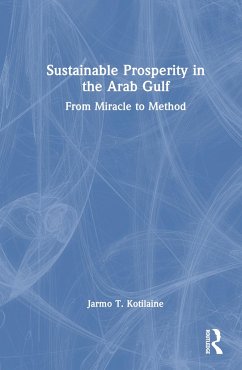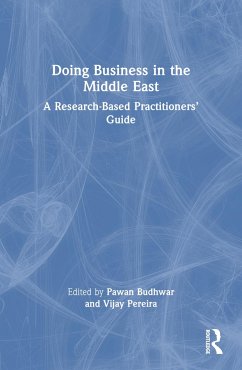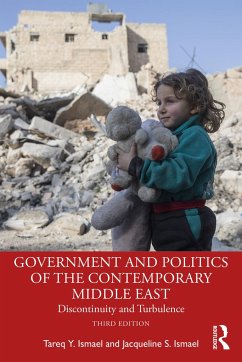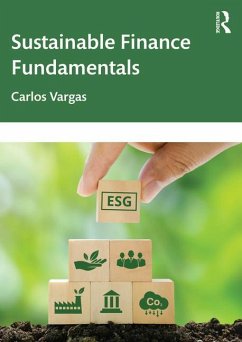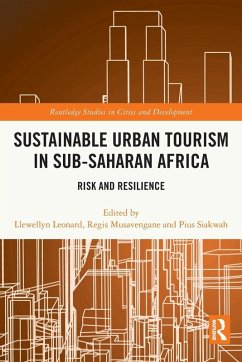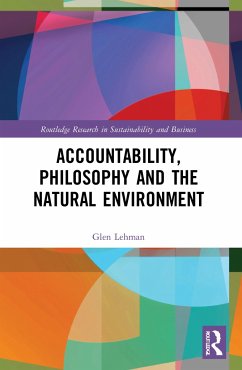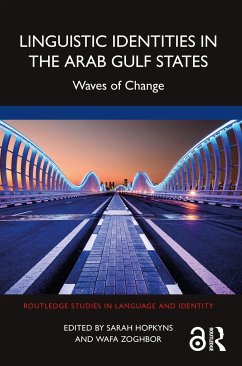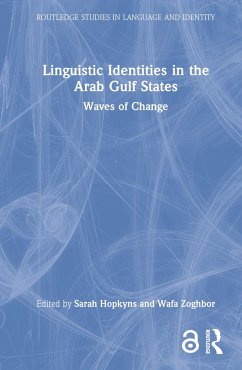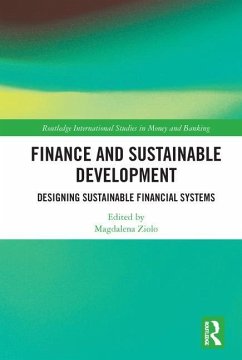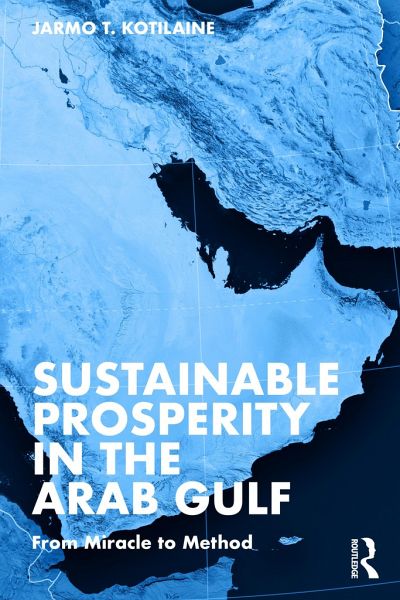
Sustainable Prosperity in the Arab Gulf
From Miracle to Method
Versandkostenfrei!
Versandfertig in 6-10 Tagen
46,99 €
inkl. MwSt.
Weitere Ausgaben:

PAYBACK Punkte
23 °P sammeln!
Tracing the development journey of the Arabian Gulf region with a forward-looking perspective, this book describes how a combination of good fortune, creative experimentation, and determination has enabled the region to achieve prosperity. Today, the Arabian Gulf is well positioned to assume a pivotal role in the new global order.Forced to balance an extreme climate and acute resource constraints, but also an exceptional location, the region's progress and prosperity have historically been precarious and vulnerable to external shocks. Efforts to transcend resource dependency have typically inv...
Tracing the development journey of the Arabian Gulf region with a forward-looking perspective, this book describes how a combination of good fortune, creative experimentation, and determination has enabled the region to achieve prosperity. Today, the Arabian Gulf is well positioned to assume a pivotal role in the new global order.
Forced to balance an extreme climate and acute resource constraints, but also an exceptional location, the region's progress and prosperity have historically been precarious and vulnerable to external shocks. Efforts to transcend resource dependency have typically involved proactive attempts to enable other economic activities. This book argues that, while conventional economic diversification is making headway, the Gulf region is in fact amidst a far more holistic transformation that positions it for a pivotal role in the emerging multipolar global order. It now offers globally competitive regulations and world-class infrastructure at the heart of the Old World, flanked by two fast-growing continents. It has become the hub of choice for a growing share of inter-continental flows of people, trade, and capital, and has established strong economic ties in all directions. This book shows how, despite many risks and challenges, the region possesses the forward-looking vision and necessary resilience that can finally liberate it from its long-standing "resource curse" and a development paradigm that looks likely to provide the foundation for sustained well-being in the decades ahead.
The scope and rigor of the book make it suitable as a reference on the Arabian Gulf and for those interested in global affairs and economic development, as well as policymakers and the business community.
Forced to balance an extreme climate and acute resource constraints, but also an exceptional location, the region's progress and prosperity have historically been precarious and vulnerable to external shocks. Efforts to transcend resource dependency have typically involved proactive attempts to enable other economic activities. This book argues that, while conventional economic diversification is making headway, the Gulf region is in fact amidst a far more holistic transformation that positions it for a pivotal role in the emerging multipolar global order. It now offers globally competitive regulations and world-class infrastructure at the heart of the Old World, flanked by two fast-growing continents. It has become the hub of choice for a growing share of inter-continental flows of people, trade, and capital, and has established strong economic ties in all directions. This book shows how, despite many risks and challenges, the region possesses the forward-looking vision and necessary resilience that can finally liberate it from its long-standing "resource curse" and a development paradigm that looks likely to provide the foundation for sustained well-being in the decades ahead.
The scope and rigor of the book make it suitable as a reference on the Arabian Gulf and for those interested in global affairs and economic development, as well as policymakers and the business community.





